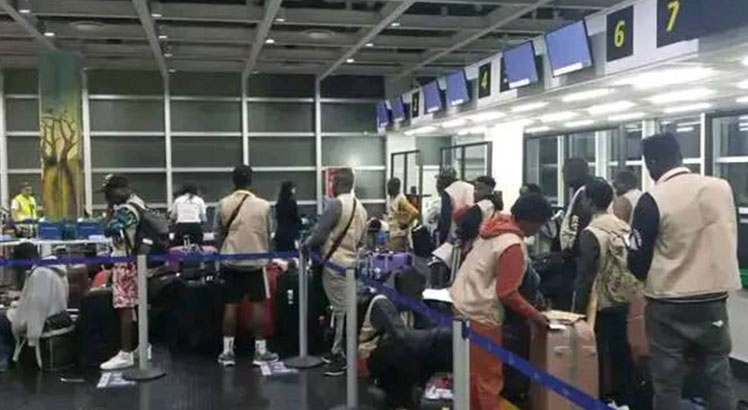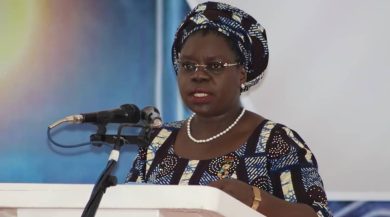World bank forecasts gloom for economy
T
he World Bank says there is a significant degree of uncertainty surrounding the country’s economic prospects, with numerous potential downside risks.
In its 17th edition of the Malawi Economic Monitor (MEM) published on Saturday, the Bretton Woods institution said prolonged foreign exchange shortages, setbacks in the ongoing negotiations for external debt restructuring and the materialisation of rollover risk from short-term swaps could potentially impede a recovery of the economy and exacerbate poverty.
The bank says this is in addition to a surge in corporate bankruptcies, financial stress, delays in the Affordable Inputs Programme (AIP) implementation and reform process.
It says the prolonged effects from Cyclone Freddy and intensifying climate change impacts, especially on agriculture production, continue to pose a major downside risk to the economic outlook.
Reads the report in part: “Implementing difficult but much-needed fiscal consolidation measures and public finance management [PFM] reforms as well as successful debt restructuring can create the necessary space to invest in growth-enhancing projects.

“Addressing the root causes of persistent fuel and power shortages could greatly improve the ability of firms to succeed. However, this will require a sustained focus on implementing tough but necessary reforms.”
To curb the on-going economic crisis, government has put in place several measures, including the introduction of foreign exchange auctions to facilitate price discovery, debt restructuring, enhancing State-owned enterprises’ transparency for improved performance and strengthening PFM systems and efforts to reform the AIP.
The bank projects economic growth to increase to 1.4 percent in 2023 driven by a partial recovery in agriculture and the resumption of electricity generation, adding that the worsening fiscal deficit will continue to push public debt on an upward trajectory.
World Bank data shows that gross foreign exchange reserves decreased by half from $388 million in May 2022 to $195 million in May 2023, equivalent of 0.8 months of import cover, much lower than the recommended adequacy level of 3.9 months of import cover for a credit-constrained economy.
In the absence of sustained economic growth, coupled with persistent inflationary pressures and recurring weather shocks, the bank projects poverty levels to increase to increase the number of people living on less than $2.15 per day to 72 percent in 2022 and 2023.
In an interview on Saturday, economist Hopkins Kawaye said with the current economic situation, more Malawians will be pushed into poverty.
He said: “It is expected that with the price increases and loss of purchasing power, many people will be pushed into poverty.
“Malawi is a vulnerable economy and is negatively hit hard by shocks, which makes it difficult to navigate the shocks because the economy doesn’t have enough resources to sustain itself. The war against poverty is far from over.”





